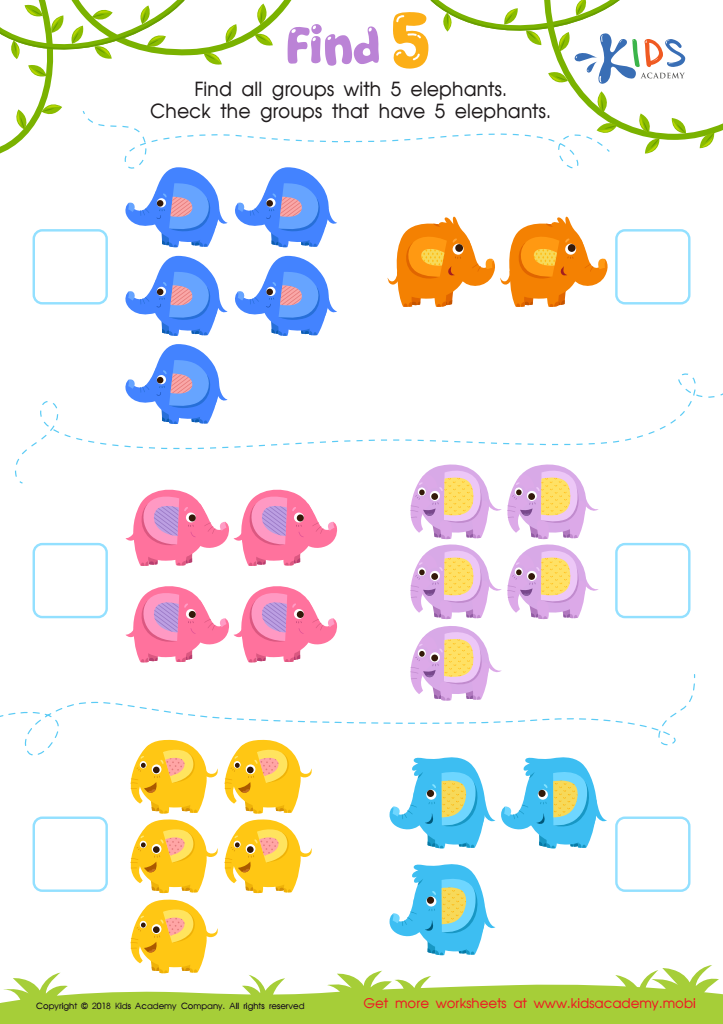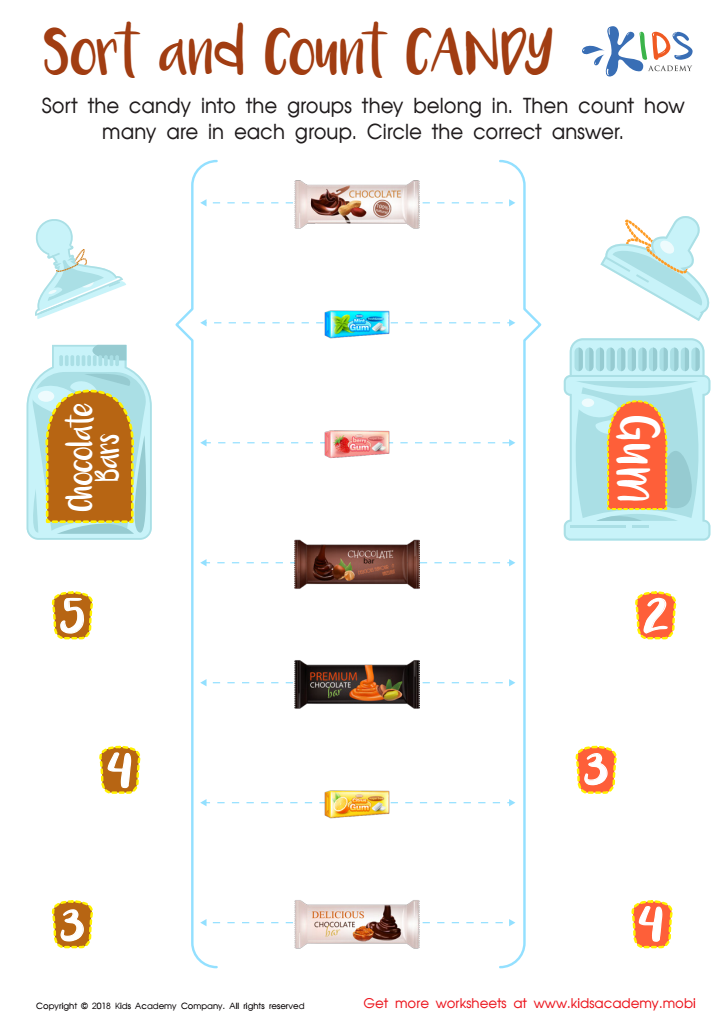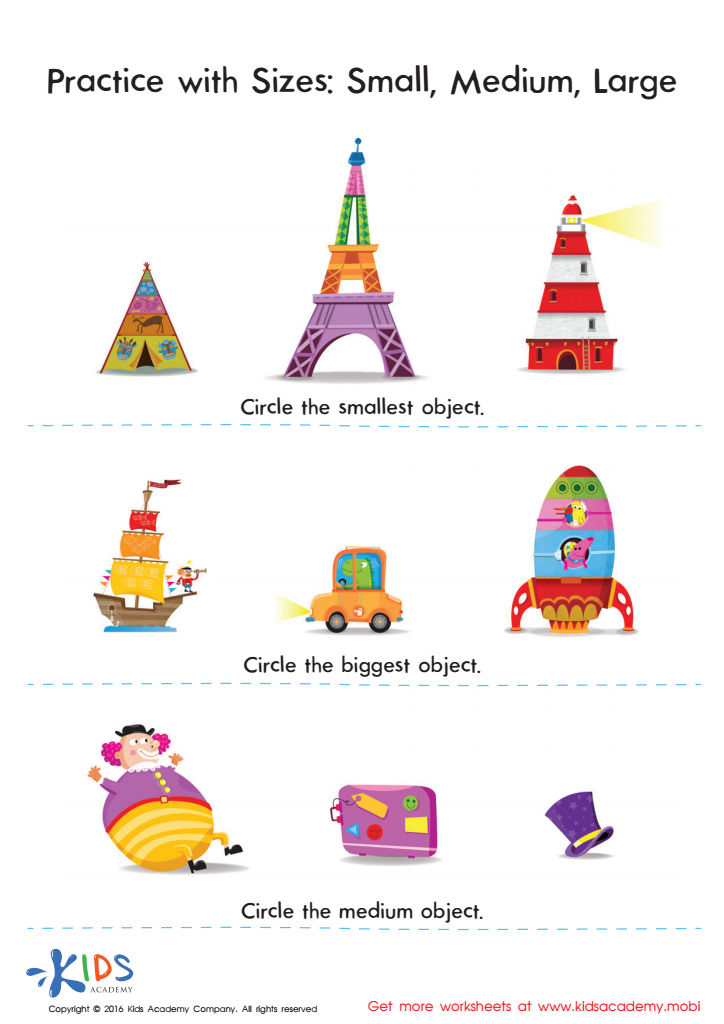Normal Logical Thinking worksheets activities for 4-Year-Olds - Page 3
51 filtered results
-
From - To


Find 5 Worksheet


Sort and Count Candy Worksheet
Normal Logical Thinking worksheets activities are an essential component of educational curriculums across various age groups and learning levels. Engaging in these activities not only fosters cognitive development but also equips learners with critical life skills. The benefits of integrating Normal Logical Thinking worksheets into learning routines are manifold, highlighting their utility in both academic and real-world scenarios.
Firstly, these worksheets are designed to enhance problem-solving skills. Through carefully structured exercises, learners are encouraged to approach problems methodically, breaking them down into manageable parts to find viable solutions. This analytical approach to problem resolution is beneficial across all disciplines, promoting a structured thinking process that can be applied to complex issues encountered in daily life.
Moreover, Normal Logical Thinking worksheets activities stimulate critical thinking. Participants are often required to evaluate arguments, identify logical fallacies, and distinguish between facts and opinions. This critical evaluation fosters a discerning mindset, enabling individuals to navigate the vast amounts of information they encounter in the digital age, making informed decisions based on sound reasoning.
Furthermore, these activities enhance cognitive flexibility. Engaging with various logical puzzles and problems helps learners adapt their thinking strategies to diverse scenarios, encouraging a versatile approach to challenges. This cognitive flexibility is invaluable in a rapidly changing world, where the ability to pivot and adopt new perspectives is often a key determinant of success.
Additionally, working through Normal Logical Thinking worksheets activities promotes patience and perseverance. Many logical exercises do not lend themselves to quick answers, requiring participants to persist through trial and error. This process cultivates resilience, teaching learners the value of sustained effort and the satisfaction derived from overcoming difficult obstacles.
In conclusion, Normal Logical Thinking worksheets activities are far more than academic exercises; they are vital tools for developing a suite of cognitive abilities that greatly enhance an individual's capacity for logical analysis, problem-solving, and critical thinking. By incorporating these activities into educational practices, we prepare learners not just for academic success, but for a lifetime of informed decision-making and adaptive thinking.
 Assign to the classroom
Assign to the classroom



.jpg)









